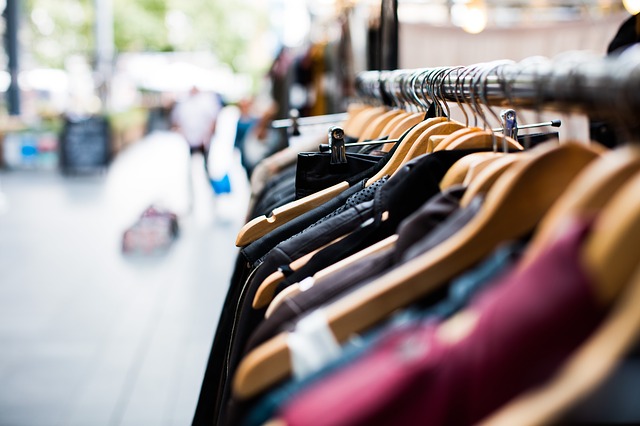Pop-up retail, otherwise known as temporary retail or flash retail, is an increasingly popular phenomenon in the UK and beyond. Essentially, it involves the short-term rental of a store, stall or other public space to temporarily market merchandise, products and services from a brick-and-mortar location.
Typically, pop-up retail is adopted by fledgling companies which do not have the resources to finance a long-term lease, or e-commerce businesses looking to expand into a physical location. However, since its inception in the early 1990s, temporary shops have been used by brands both large and small to market products of all kinds.
The nitty gritty of pop-up retail
Although the specifics of any pop-up retail contract will depend upon the parties involved, the following is a general outline of how the process works:
- Duration: the length of a pop-up lease can theoretically be as long as a piece of string, but normally runs between three days and three months
- Location: this can vary from a whole vacant store to a designated space within an existing store to a stall or booth at an event
- Requirements: regardless of the physical location, it’s important that the store is situated in a place which enjoys heavy foot traffic, such as a high street or shopping centre
- Price: this will differ hugely depending on the location and terms, but will invariably be far cheaper than a long-term rental
- Users: pop-up retail is a great opportunity for new companies to get a foothold in the sector and increase exposure, e-commerce companies to break into the physical sector and existing companies to launch new products
Advantages of pop-up retail
There are a number of different reasons why pop-up shops are becoming ever more popular with both household brands and entrepreneurs looking to infiltrate their market. Here are just a few:
- Price: as mentioned above, the price is far cheaper than a traditional store lease, meaning this opens up opportunities for smaller companies with tighter budgets
- Flexibility: with shorter leases, a company needn’t be tied down to a constrictive contract if things don’t work out
- Sales: despite the increasing amount of time we spend online, over 80% of retail purchases in the UK are still conducted in-store
- Exposure: by utilising the space within an established store or at a musical festival, marketplace or other well-attended event, a brand can gain maximum exposure and get its name out there
- New markets: if a company wishes to trial new products, ranges or services, a pop-up location can be an excellent way to vet it amongst the general public for a limited time
- Creativity: due to the small-scale nature of pop-ups, it encourages creativity in the design of the retail space, thus grabbing customers’ attention because of its novelty
- Scarcity: when something is available for a limited time only, it increases the sense of urgency surrounding it – meaning people are more likely to visit your pop-up before it disappears
- Connection: although the store itself might be short-term, the connections it facilitates between customer and retailer can be lifelong
